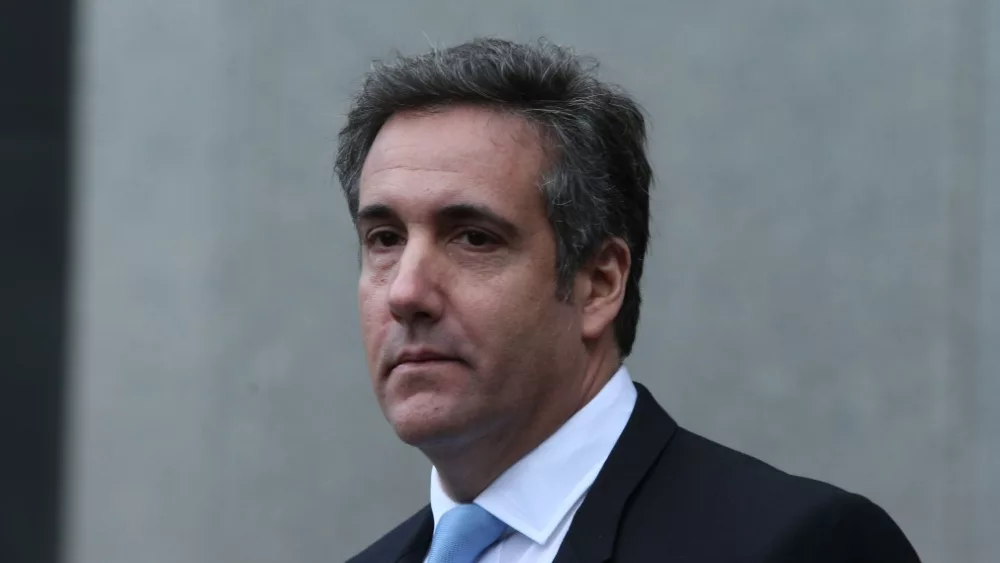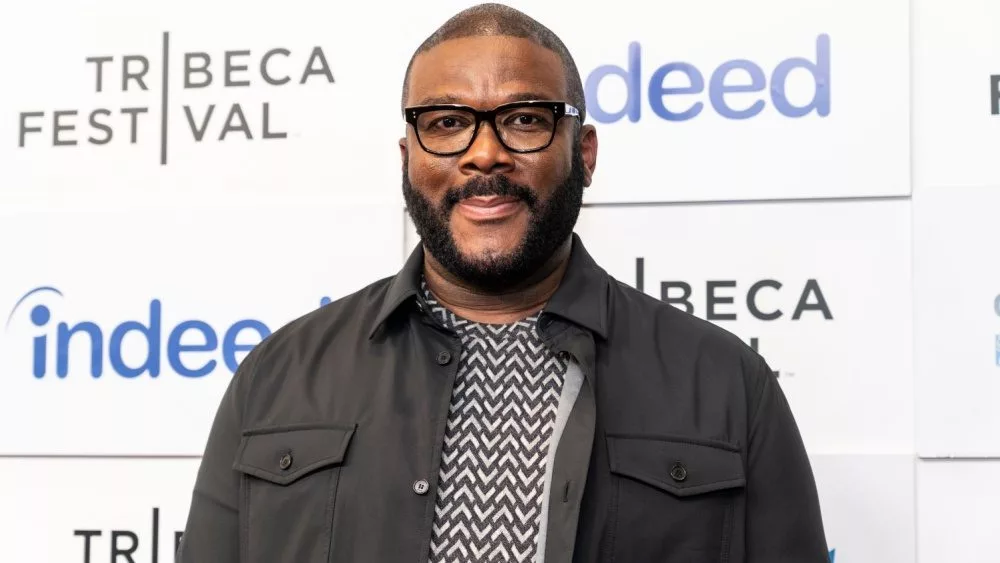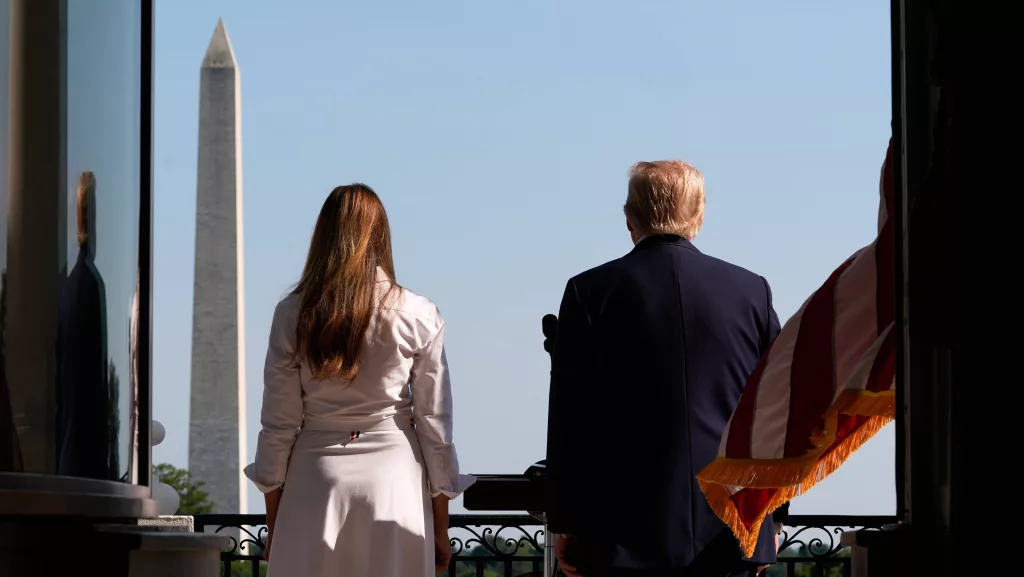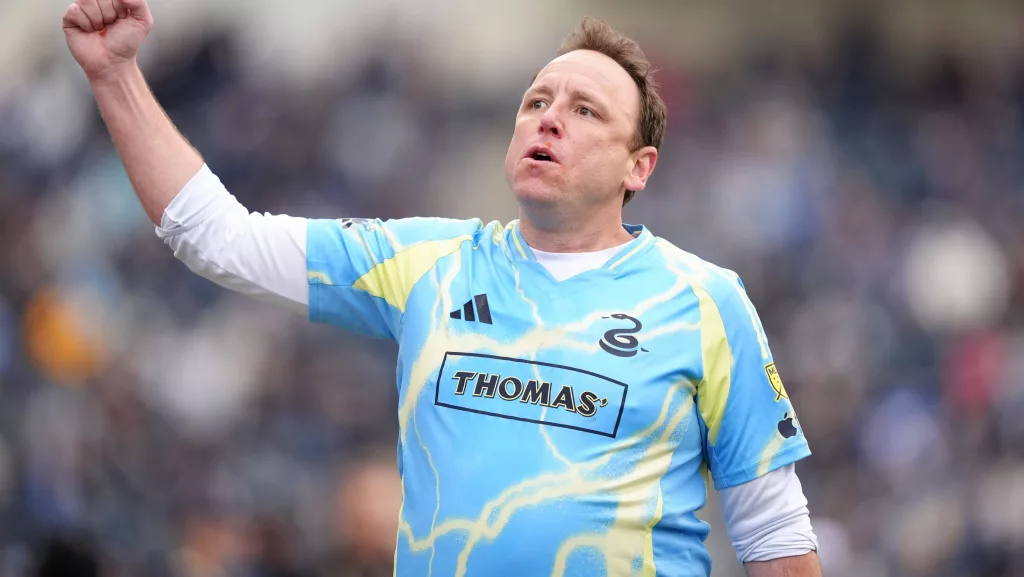
shutterstock_1070700581567555
On Monday, the U.S. Supreme Court rejected an attempt from ex-Trump attorney Michael Cohen to sue Trump and other federal officials.
The high court ruled in favor of a lower court decision that says Cohen is not able to pursue a lawsuit which asserts that then-President Trump, then-U.S. Attorney General William Barr and other federal prison officials had allegedly violated Cohen’s civil rights by putting him in solitary confinement for writing a tell-all book about the former president. Cohen had been released to home confinement during the pandemic while serving his prison sentence, and said one of his release conditions was to refrain from criticizing Trump. He contends he was thrown back in jail and then into solitary confinement after questioning the legality of that condition.
Cohen initially asked the Supreme Court to review his retaliation claim against Trump in July, after a panel with the Second Circuit Court of Appeals denied Cohen’s legal effort to hold Trump accountable for his 2018 imprisonment (Cohen was serving a three-year sentence after pleading guilty to coordinating payoffs to buy the silence of women who said they had sexual affairs with Trump before he was elected). New York’s U.S. Southern District Judge Alvin Hellerstein later ordered Cohen’s permanent release from federal confinement, saying his return to prison had been in retaliation for his criticism of the former president.
Cohen recently told NBC News that if Trump is re-elected and without a deterrent or other safeguard in place that a second Trump presidency will be about “just locking people up.” In his filing, attorneys for Cohen say he was trying to stop other U.S. citizens from “being imprisoned because they refuse to waive their First Amendment right or because they express criticism.”
Editorial credit: a katz / Shutterstock.com














